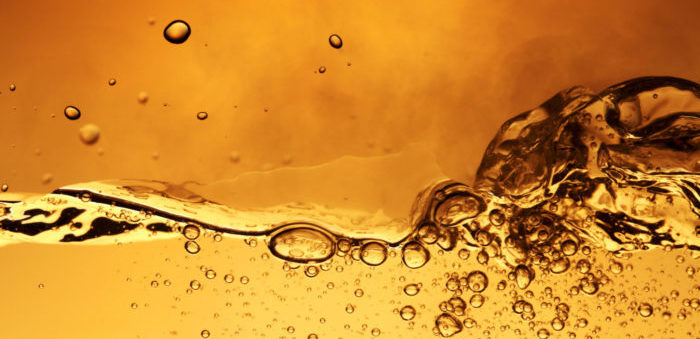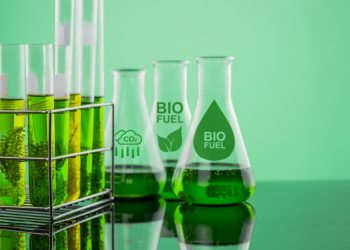As one of the first in the oil tanker industry, Euronav tested a B30 biofuel on a Suezmax, the Statia. The trial with the biofuel blend from energy supplier BP was successful.
Lower carbon fuels will play an important role on the journey towards shipping decarbonization. Euronav is committed to accelerate the transition to lower carbon alternatives by testing the operational readiness and emission reduction potential of biofuels in a context of strategic partnerships.
The Suezmax Statia tested approximately 360 MT of the B30 biofuel blend during a twoweek trial in September while the vessel was in commercial operations on its way to Angola.
The trial of the blend was successful and showed no significant differences in operations or any malfunctions that could lead to a breakdown. As a result, and after departure in Chili, the remaining B30 biofuel blend on the vessel is now the only fuel in operational use, both for the main engine and the auxiliary engines, on its way to Brazil.
Rustin Edwards, Head of Fuel Oil at Euronav: “It is important for us to understand how to handle biofuels on our vessels, to test their longevity and stability, and how they behave when used in engines, generators and alike. The migration into using biofuels is a critical step on the road to reducing emissions, as the use of biofuel will reduce our overall impact on the environment with little additional investment. The use of biofuel blends will be a critical bridge to decarbonization until the development and commercial availability of zero emissions fuels. As we continue this journey toward decarbonization, we will keep on adjusting our operations and our fuel procurement strategies as needed.”
































































